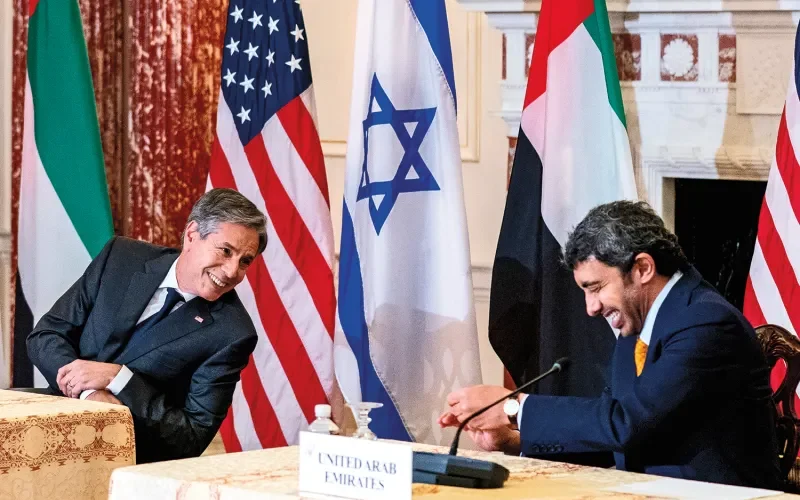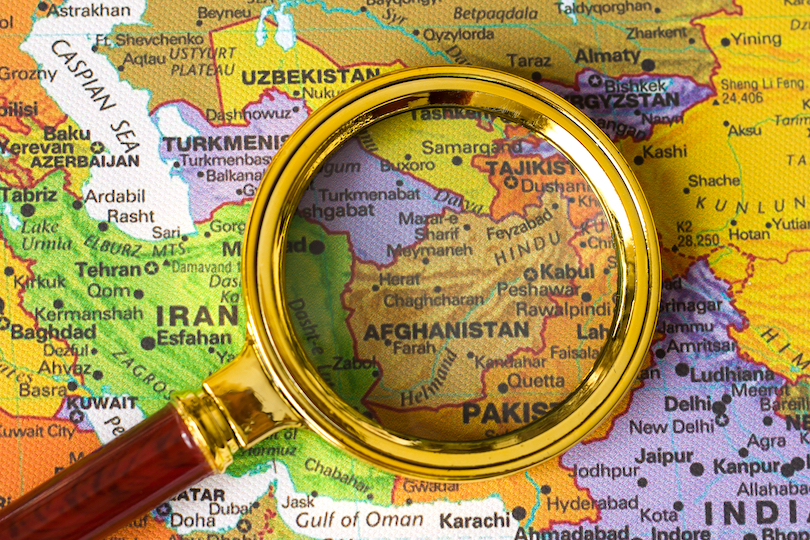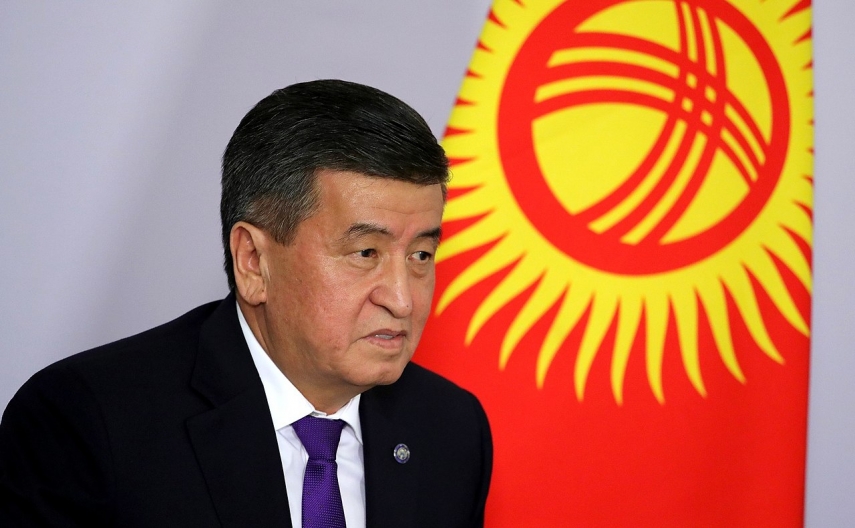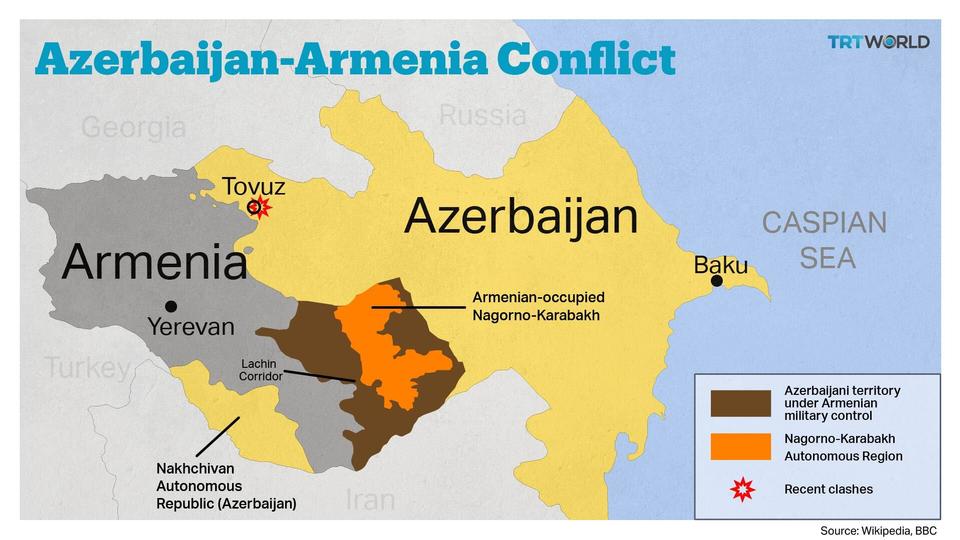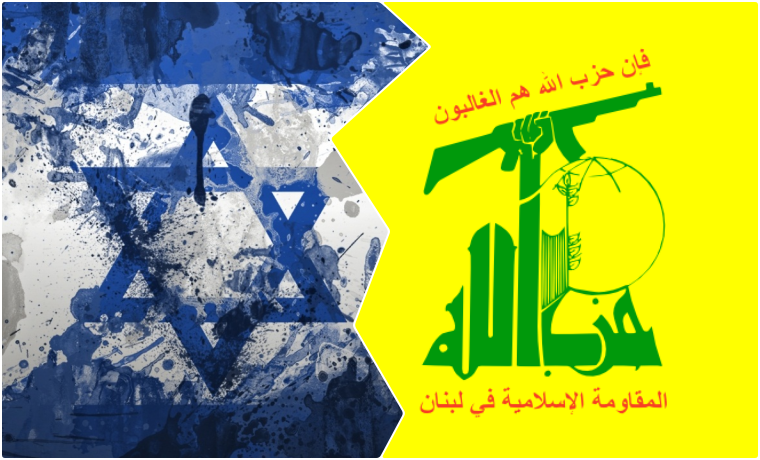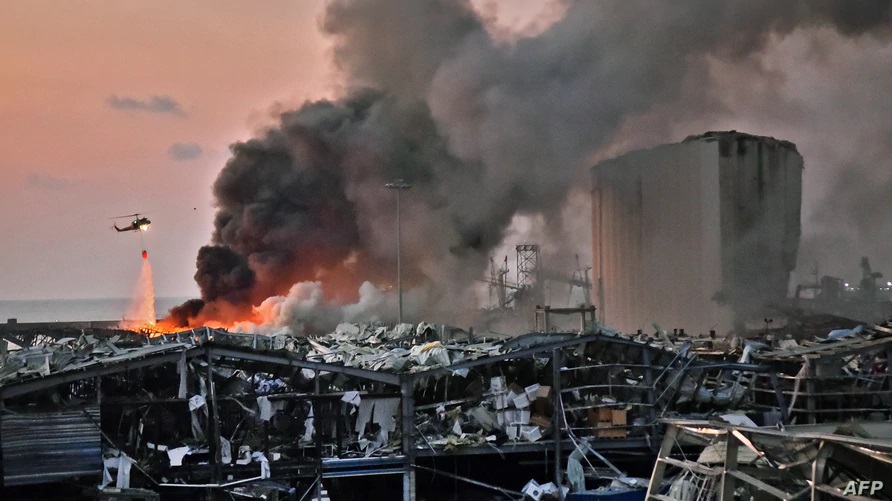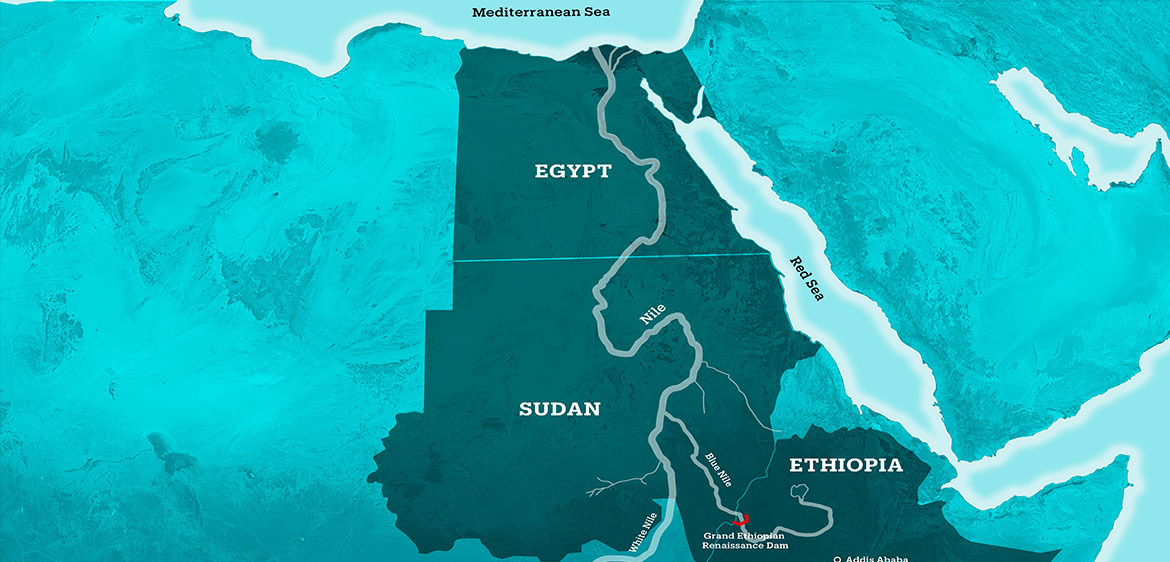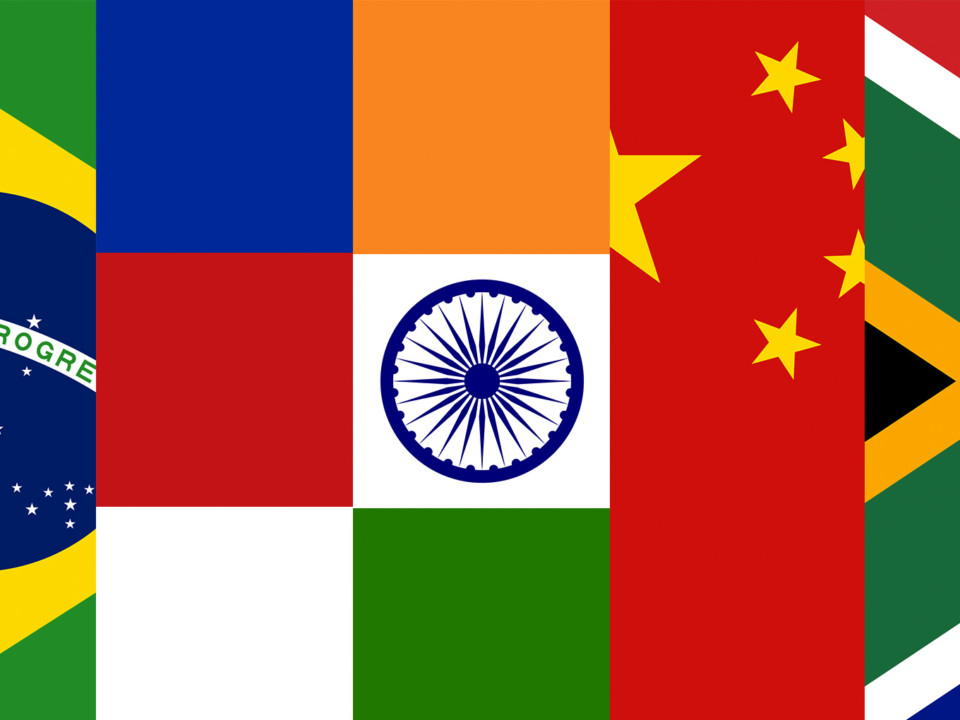Challenges of the UAE pendulum game in the Middle East region
BY: Pooya Mirzaei PEJOURNAL - The Negev meeting was attended by the US and Israeli foreign ministers and officials from Bahrain, Morocco, and Egypt. The United Arab Emirates, which took the lead in Abraham Accords to normalize relations with the Zionist regime, was also one of the countries that attended the recent meeting. A look at the country's foreign policy record over the past year shows that Abu Dhabi is facing a serious contradiction in its approach to foreign relations. In the last two years, the UAE government has taken a new approach to develop relations with countries such as…
